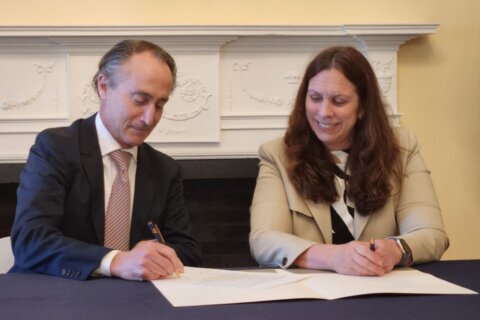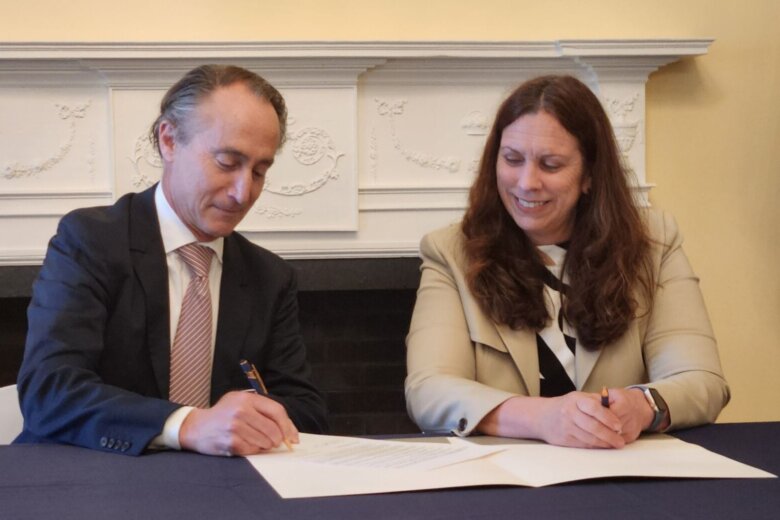
It is common to hear about public-private partnerships being formed to expand highways or build new public transit options, but did you know one such “partnership” is being used to make history more accessible to you?
The National Archives has announced that it has inked another multiyear deal with Ancestry.com in which the website will digitize tens of millions of records.
“It’s going to result in over 65 million digital images that are going to be made available online, on both their platform and our platform,” said Carol Lagundo, director of Digital Partnerships and Outreach at the National Archives.
Over the years, Lagundo said the digitization partnerships such as this has helped produce more than 187 million of the 278 million digital images in the National Archives database.
The deal will allow for the digitizing of U.S. military morning reports from World War II and Selective Service draft cards covering the post-World War II draft registration between 1948 and 1959. The records will also include naturalization and immigration records held at the National Archives in San Francisco related to Asian Americans, and records held at the National Archives in Denver relating to Native Americans.
“There’s a wealth of information there that we’re going to be able to make available to researchers online who can’t come into our research rooms,” Lagundo said.
The records are stored at facilities around the nation and while some will be taken to Ancestry’s facilities to be scanned, others such as Selective Service draft cards will be scanned at National Archives’ facilities under the watchful eye of the agency’s monitors.
As part of the deal, the Archives will receive all the files of the digitized content. While some of the material, such as the Army morning reports, will be available for free on the Archives database soon after being scanned, other documents will be behind the paywalls of Ancestry’s website or its military records website Fold3.
“It’ll be a few years, probably a little more than three years, before we can make those available for free in our online catalog,” Lagundo said.
Lagundo said the goal is to make sure any type of researcher, from professionals to people looking to learn about their family tree, have access to the information that the Archives has.
“Just being able to make these records available online to the public. I find a lot of satisfaction in my job being able to do that,” Lagundo said.
Get breaking news and daily headlines delivered to your email inbox by signing up here.
© 2024 WTOP. All Rights Reserved. This website is not intended for users located within the European Economic Area.









